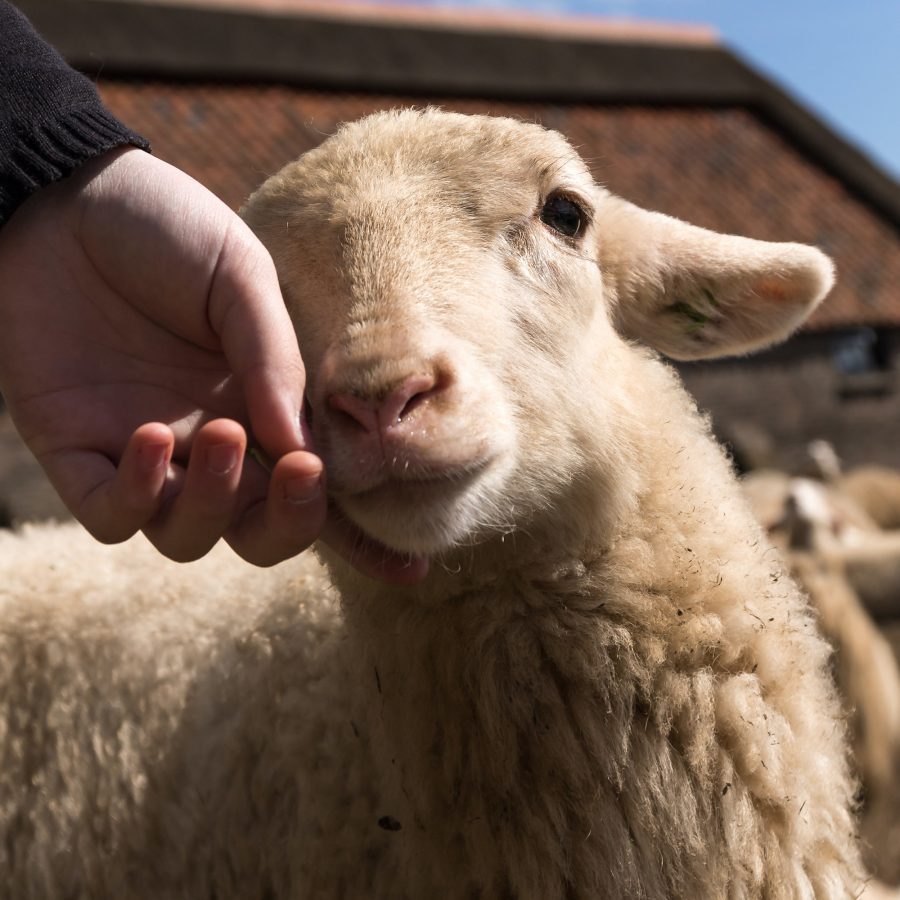The silent victims of COVID-19: The Australian-led effort to fund critical support for animals suffering the effects of the pandemic
As communities and governments around the world pull out all the stops to help people through the days and months ahead, there is another group that is also deeply impacted by the fallout of COVID-19 — animals.
Melbourne, Australia: Concerned by the alarming rate in which COVID-19 is continuing to impact the world’s animals, Australian animal protection organisation, Animals Australia, has established an emergency grants program to provide critical support where it’s needed most.
The Global Emergency Grants program has so far provided grants to 35 animal protection groups in Australia, Indonesia, India, Palestine, Uruguay, Colombia, Lebanon, the Philippines, Thailand and Egypt.
“As we saw borders closing rapidly and international travel grind to a halt, it was immediately clear to us that the situation for animals would deteriorate rapidly, especially for captive and working animals whose care and upkeep is dependent on tourist income,” Animals Australia spokesperson Louise Bonomi said.
“Now, months into the global pandemic we are still hearing from our colleagues around the world that the situation is dire, with many animals abandoned on the streets, and others used for tourism now rendered ‘worthless’, as the global industry comes to a standstill.
“In reality, this is far from over for many tourism reliant countries such as Indonesia, Thailand and India; where the efforts of local groups and advocates are needed now more than ever,” Ms Bonomi said.
The Australian-led effort is fuelling the important, life-saving work of international colleagues, including:
- Establishing an emergency fund for animal rescue groups in Australia affected by COVID-19.
- Help for working donkeys, horses, camels and bulls in Indonesia, Egypt, India and North Africa, to ensure that local projects had access to funding to continue to care for them at a time when their owners may be without income, or their usual fundraising programs were disrupted.
- Providing the hundreds of elephants within riding camps in Thailand with food short term and supporting the work of a local NGO to provide positive education programs encouraging more ethical ‘hands off’ models of tourism longer term.
- Helping feed the millions of street animals who rely solely on the kindness of strangers for their meals, and treatment and rescue when sick in Lebanon, Indonesia, Palestine, India, the Philippines, Colombia and Uruguay.
- Assisting our vet team on the ground in Indonesia to provide free vet clinics for street animals, aid local feeding programs for animals in need; and feeding and treating working horses whose owners can no longer care for them.
“While lockdowns are beginning to ease in some parts of the world, there is a critical need to provide ongoing support for street and working animals,” Ms Bonomi said.
“And this need goes far beyond feeding hungry animals. Grants have also been used by some groups to implement spay and neutering programs and during the recent heatwave in India to help provide animal watering stations through the city in Delhi and Japiur.”
Animals Australia said COVID-19 has not only made caring for animals harder logistically but for many groups that operate in difficult circumstances in the best of times, it’s made fundraising for their front-line efforts near impossible.
“Animals Australia is proud to support the tireless efforts of advocates around the world who are ensuring that animals aren’t forgotten during this global pandemic,” Ms Bonomi said.
MEDIA: For more information and high-res images please contact Lorna Edwards at media@animalsaustralia.org.



